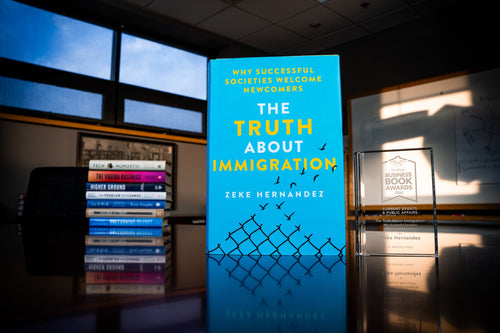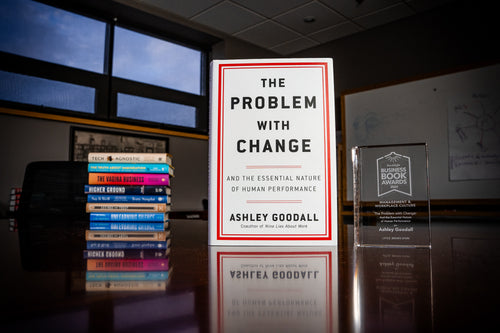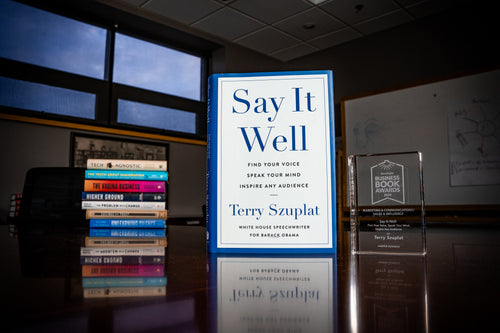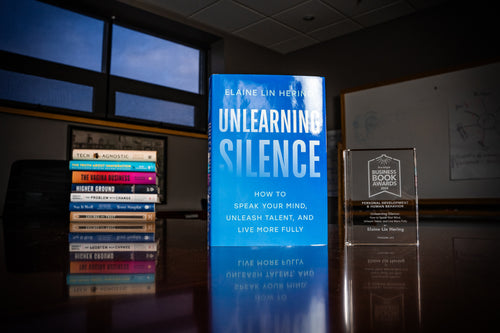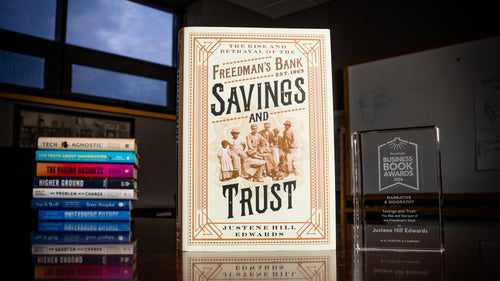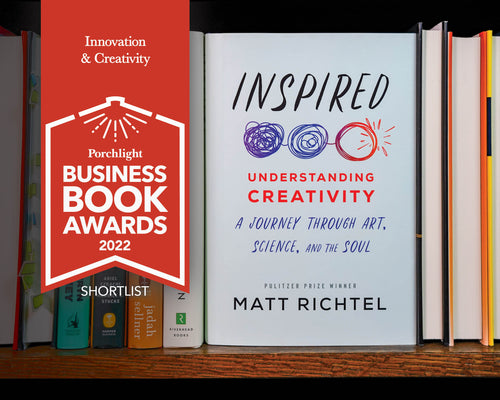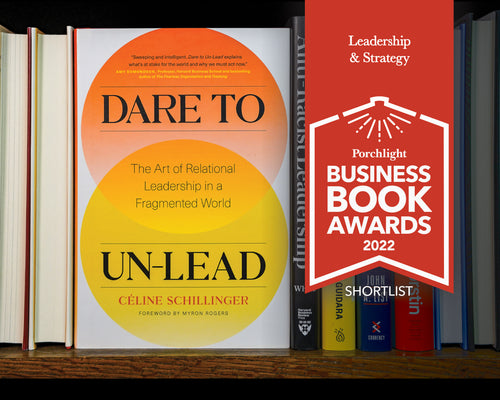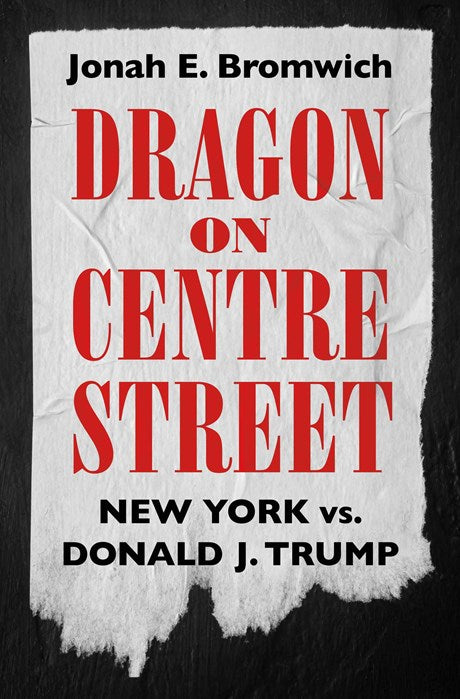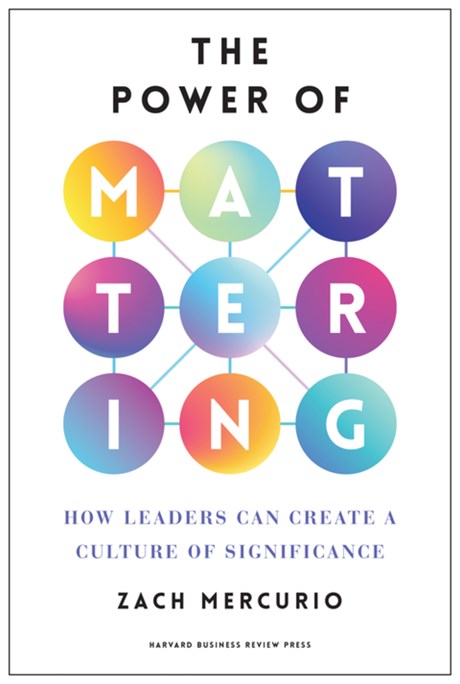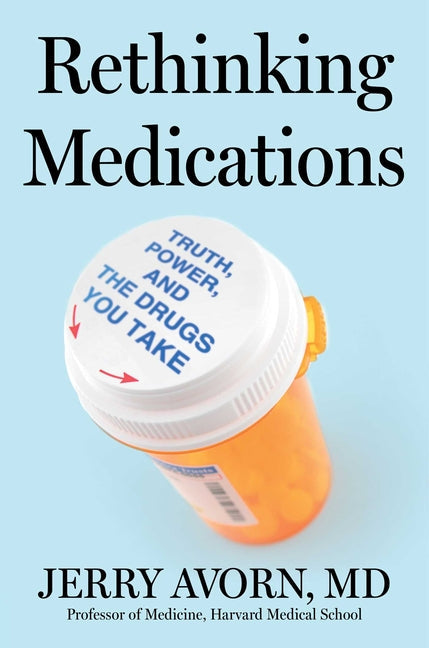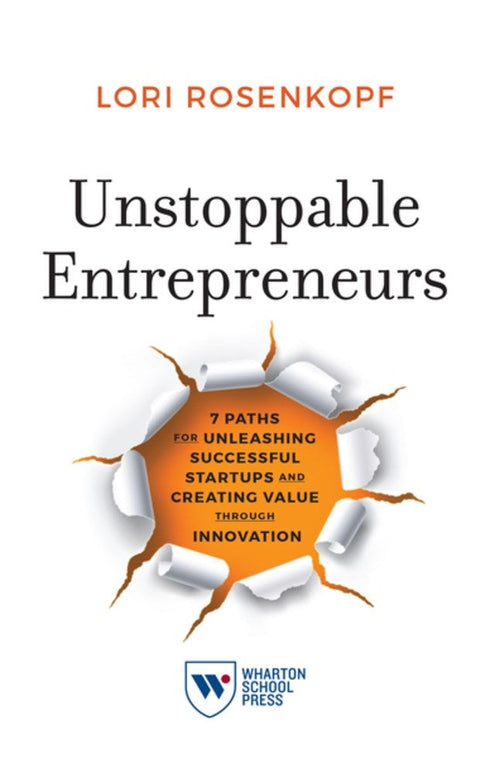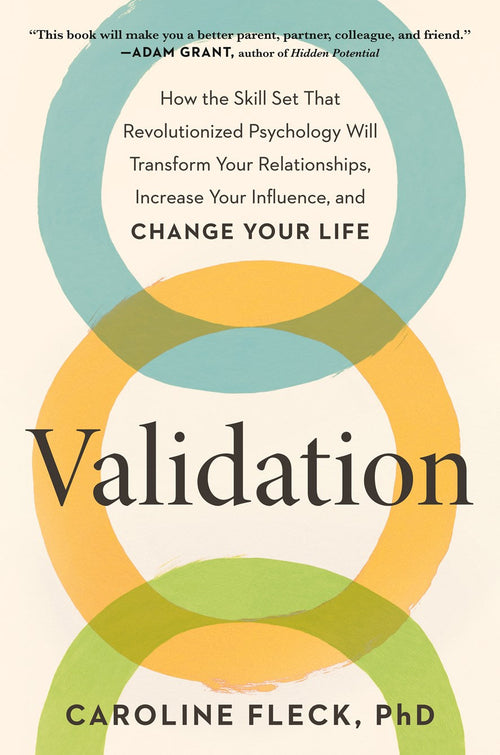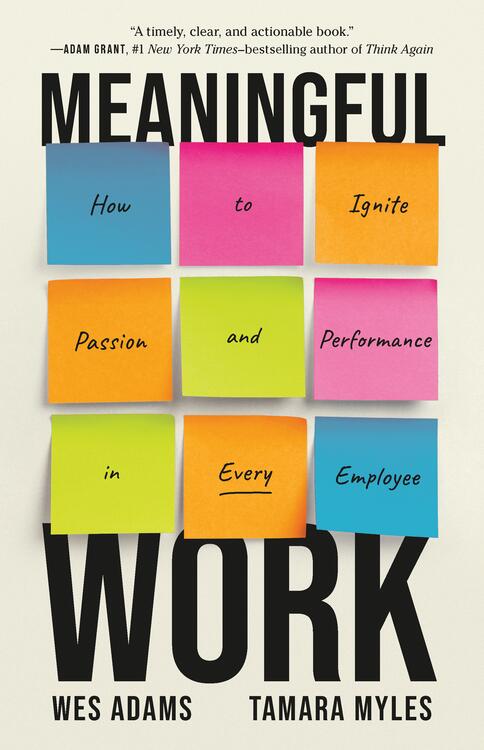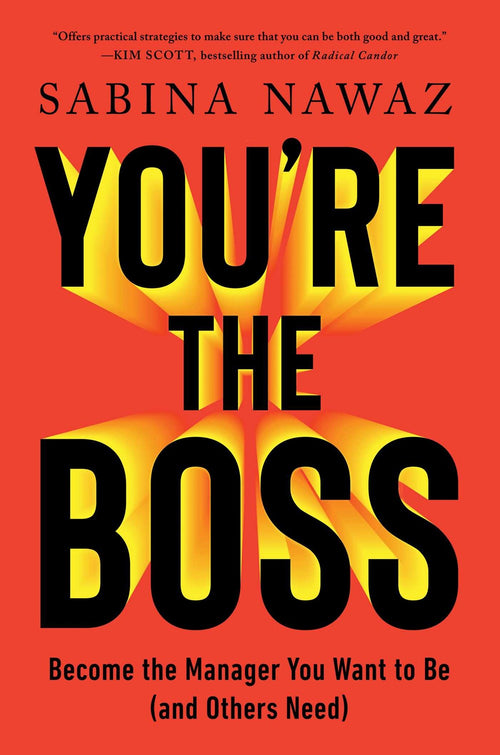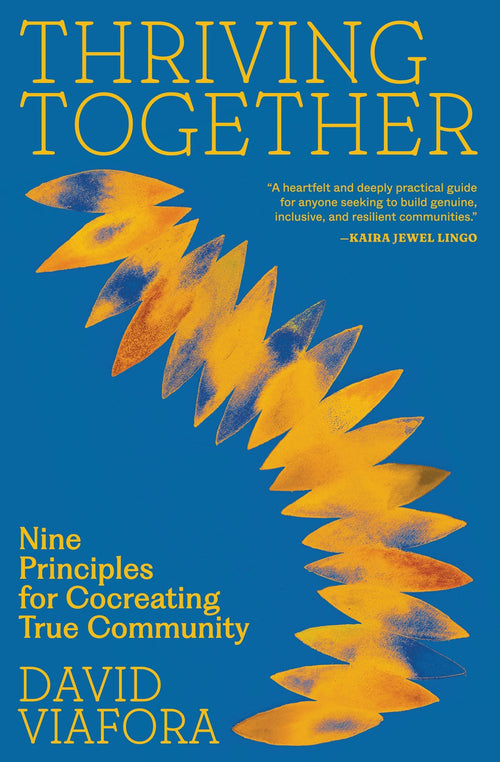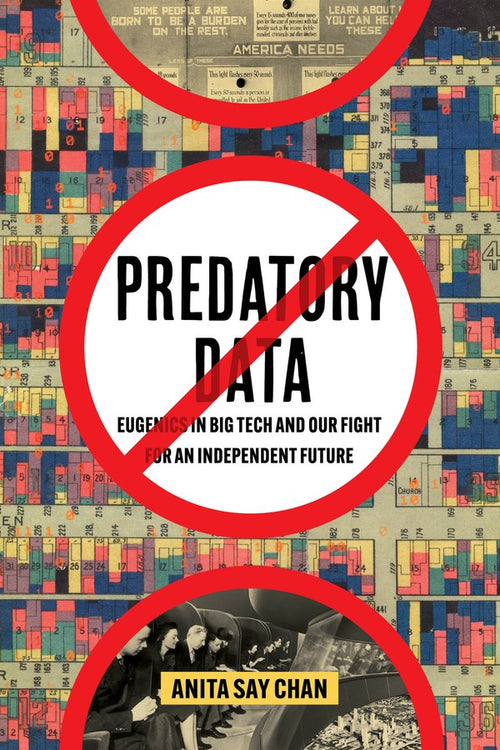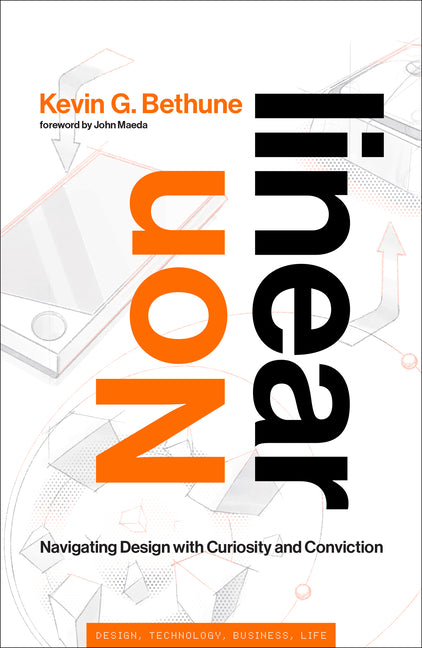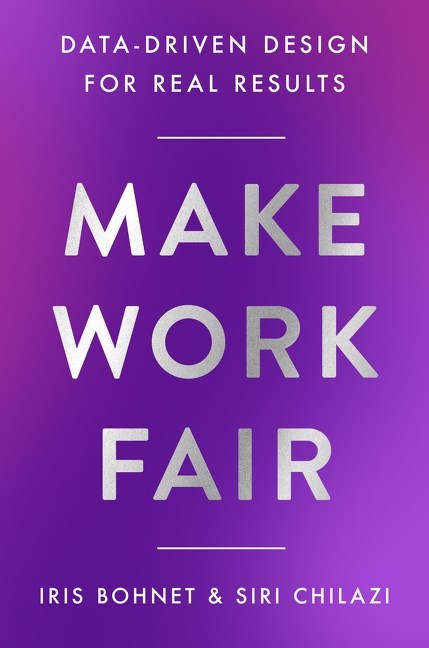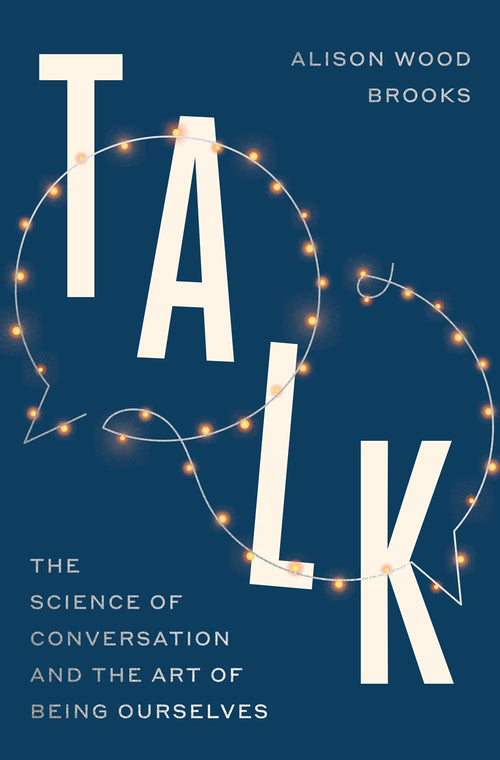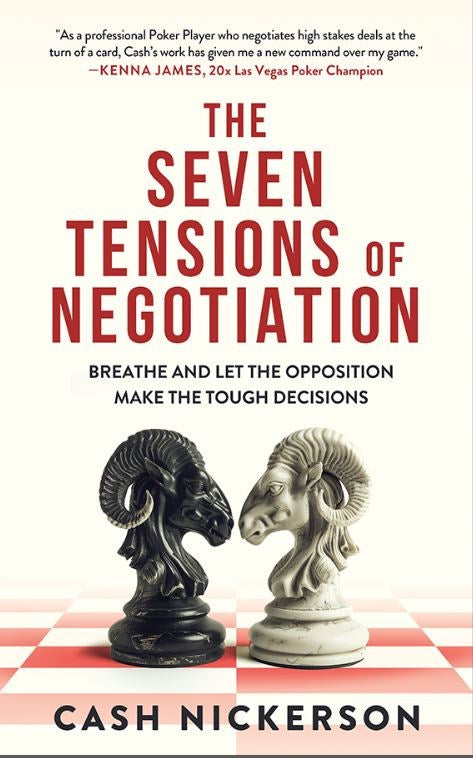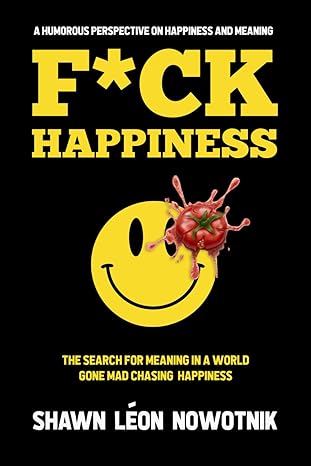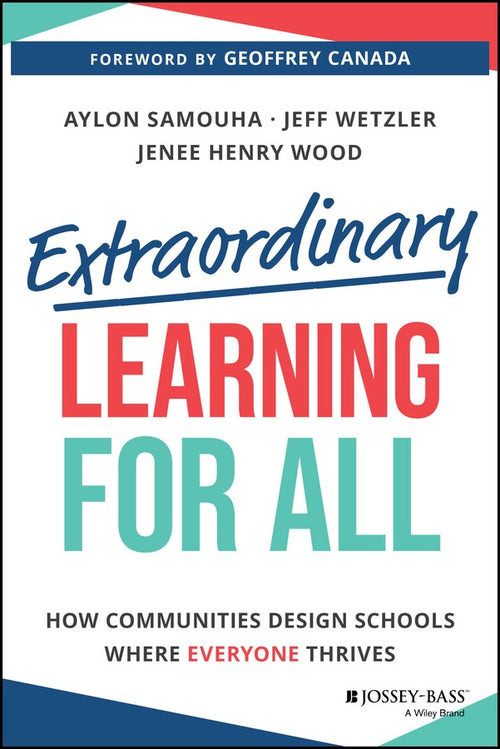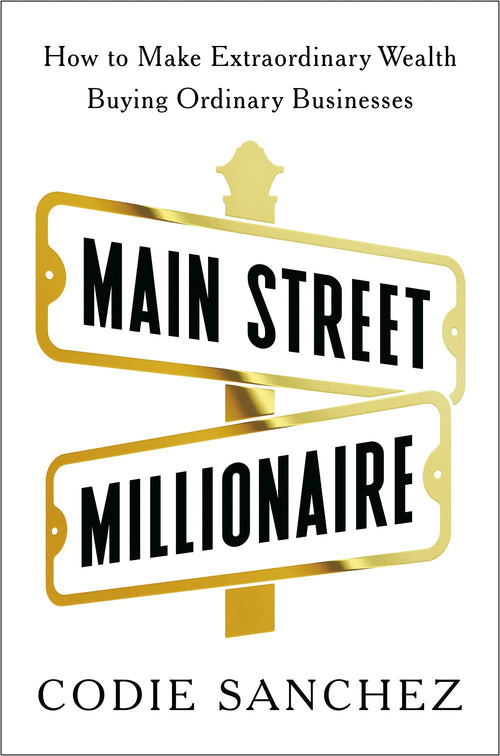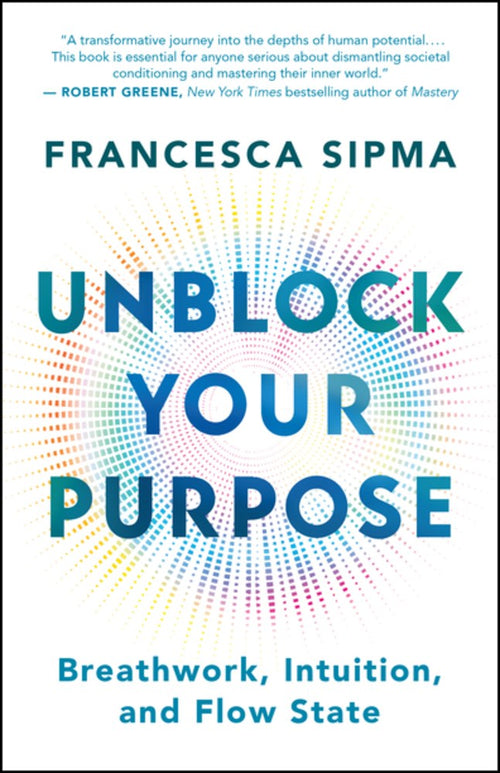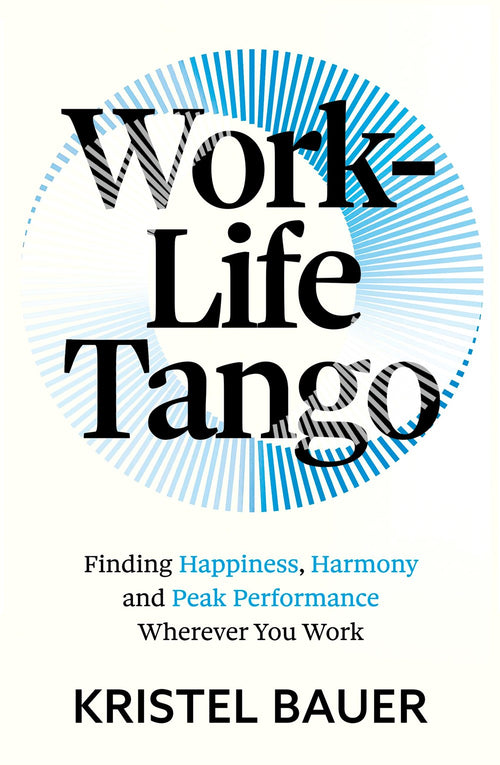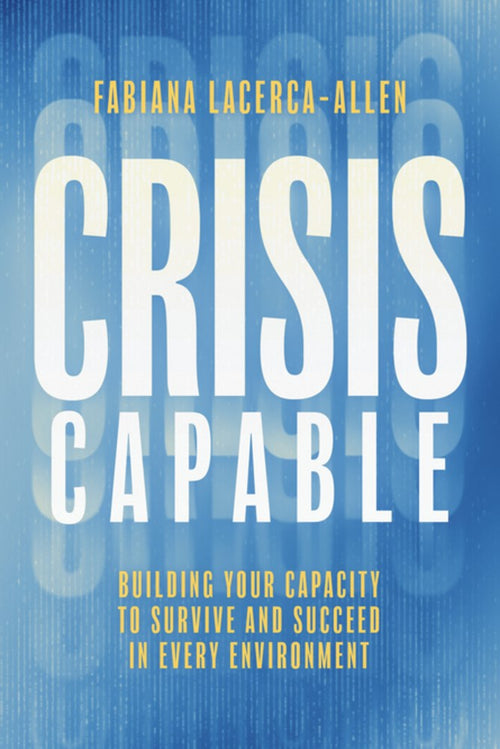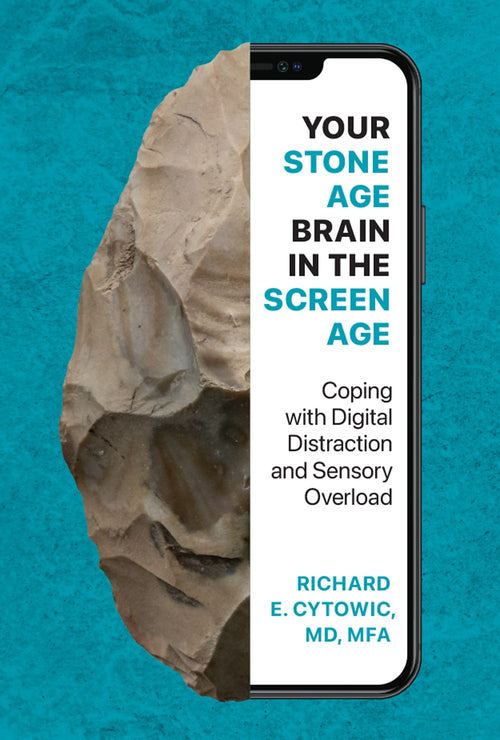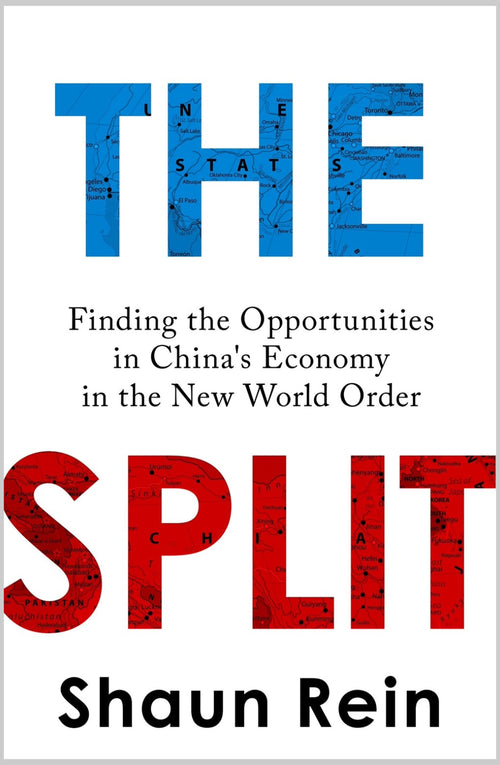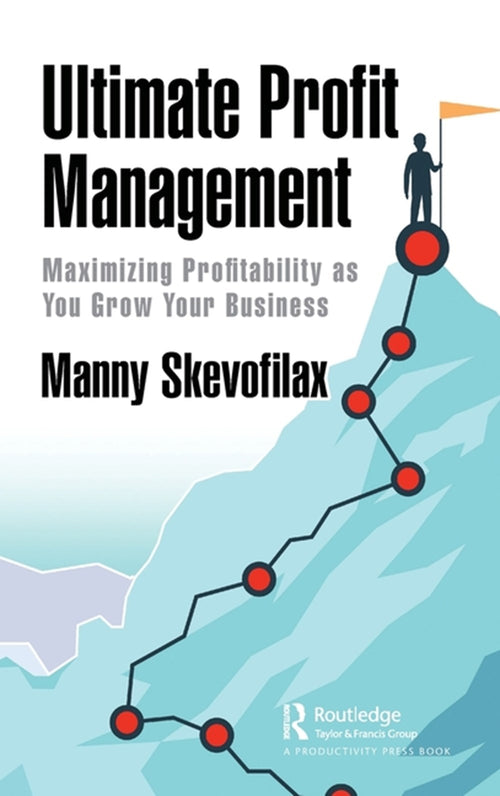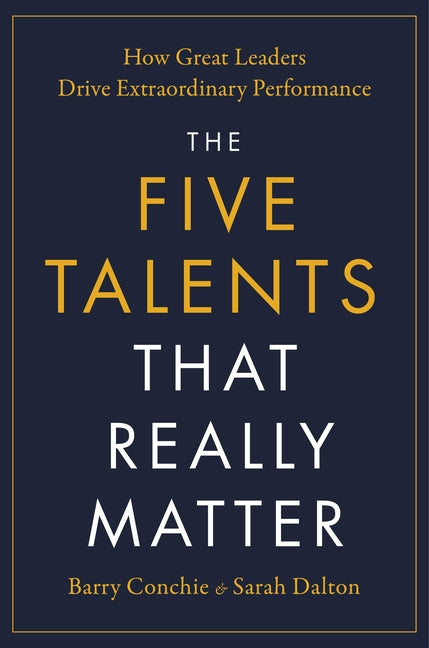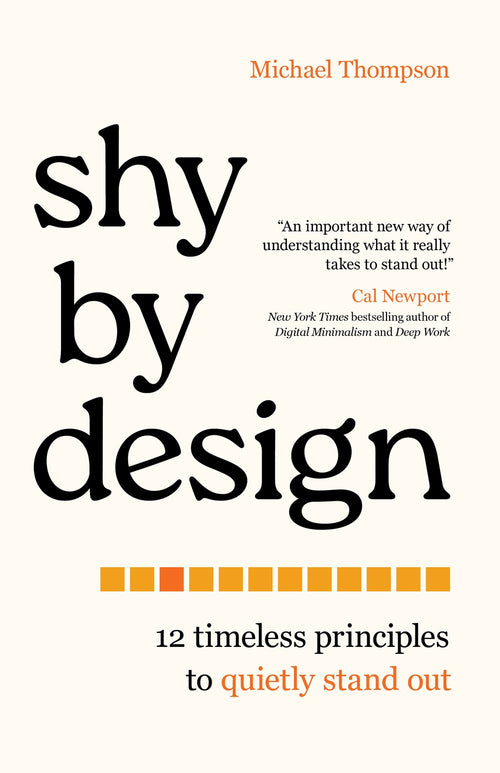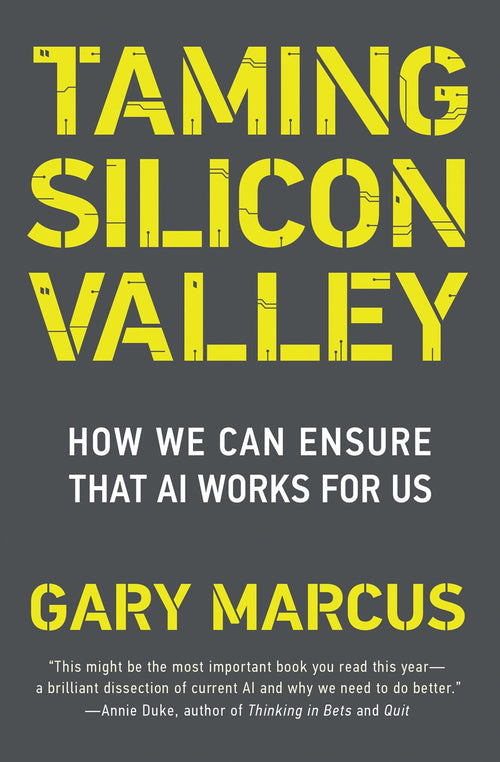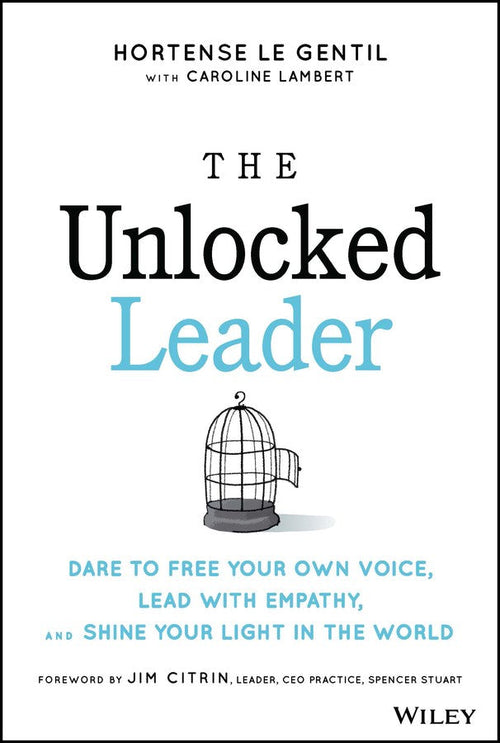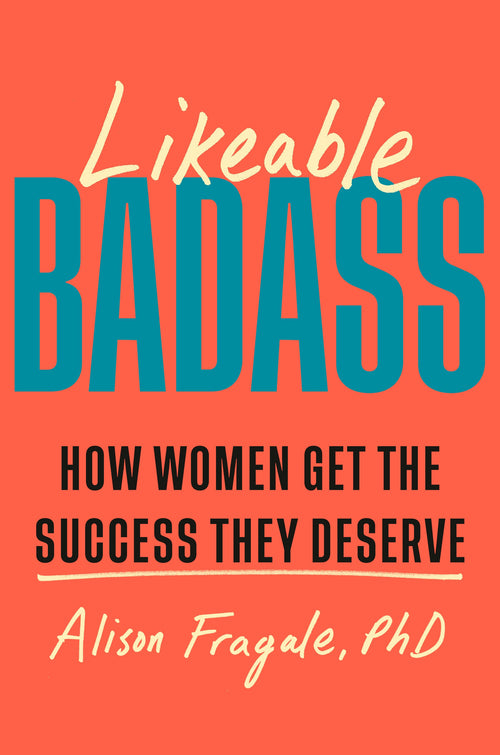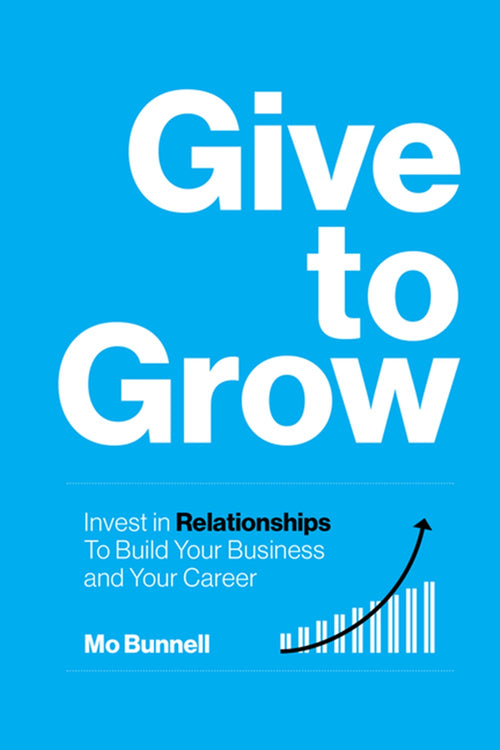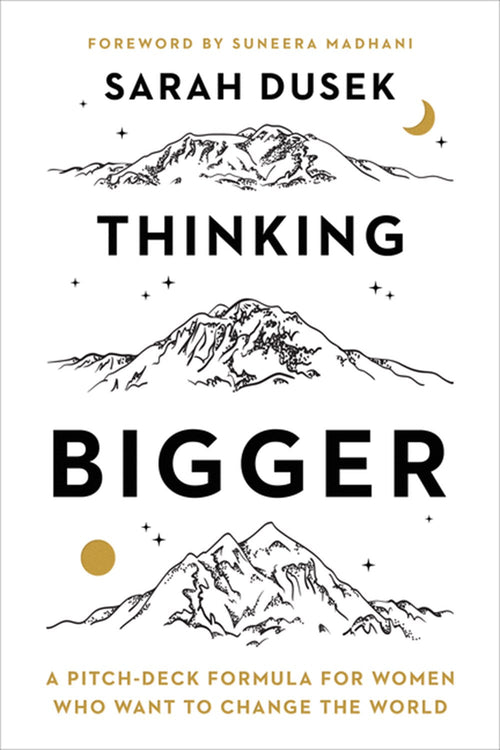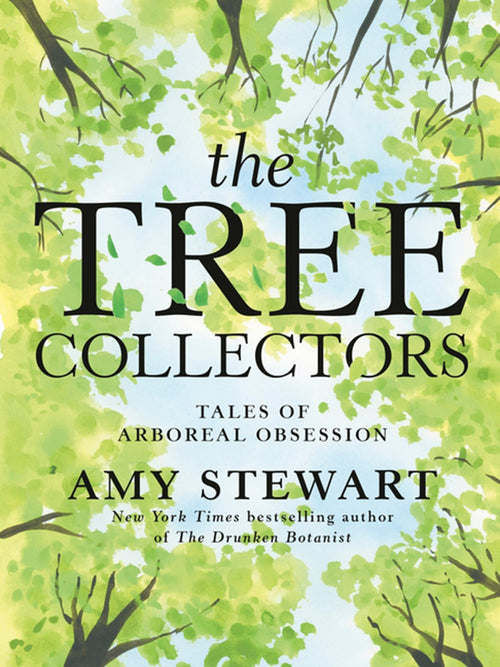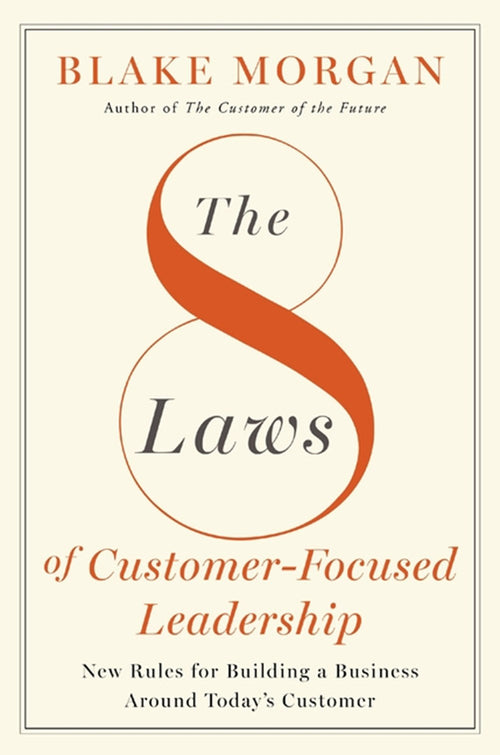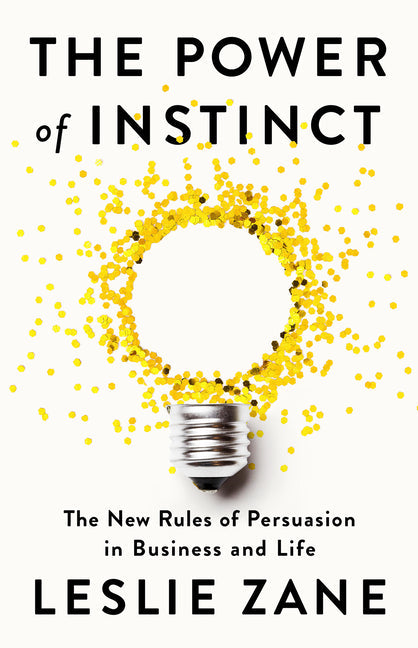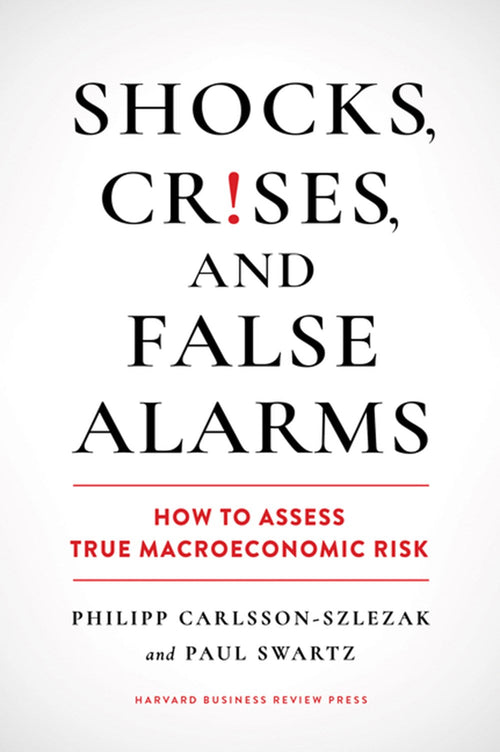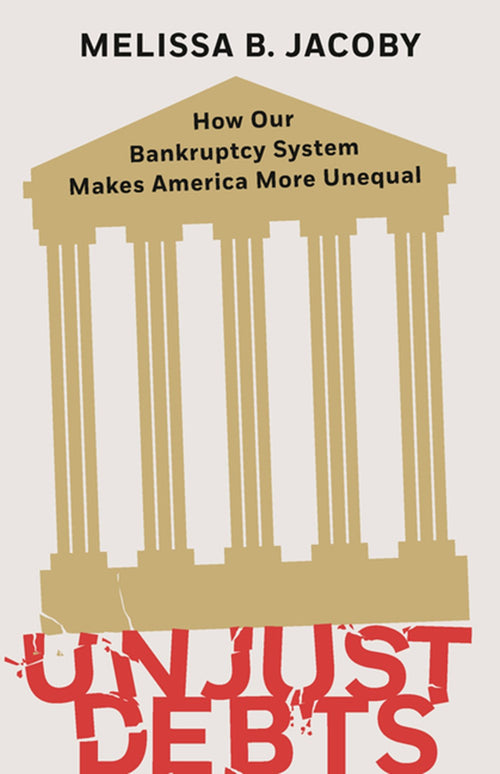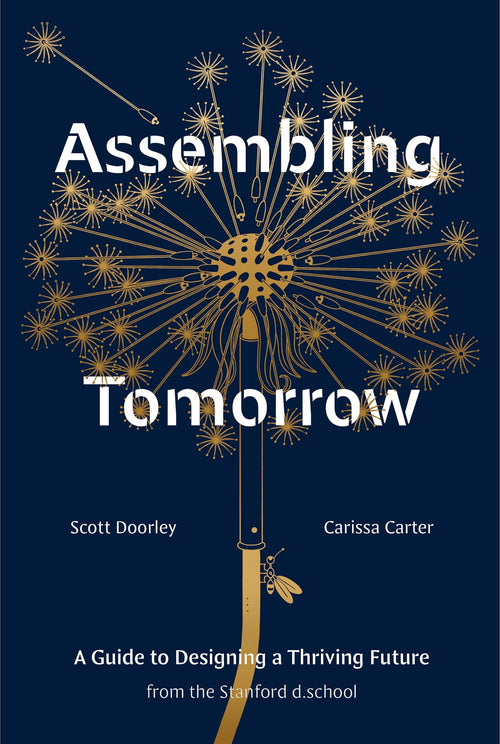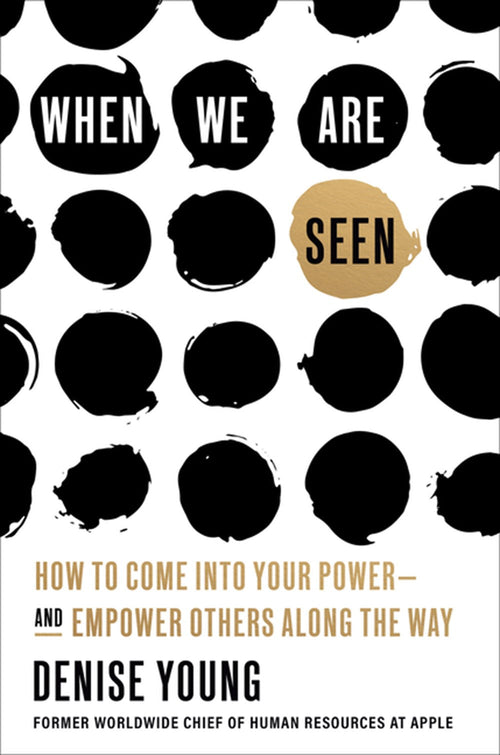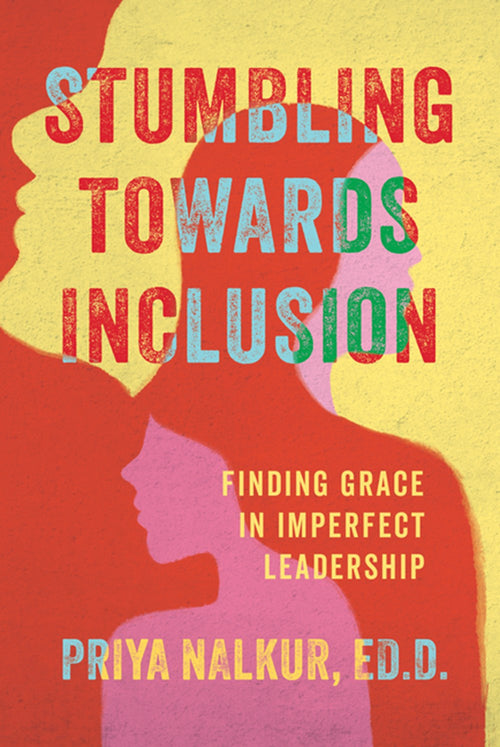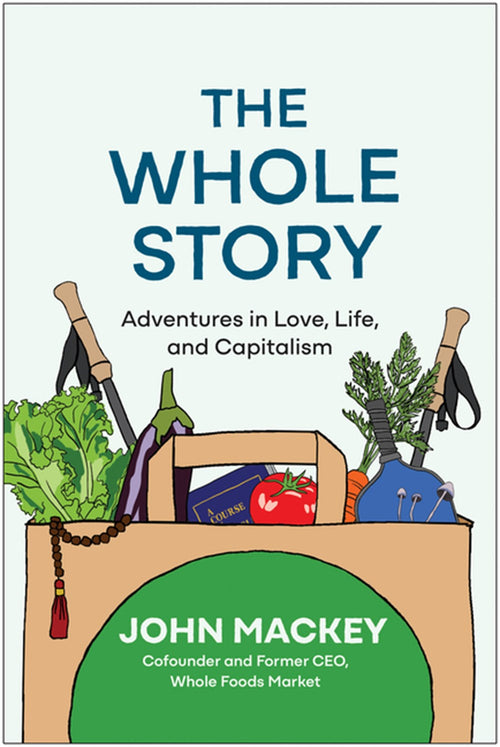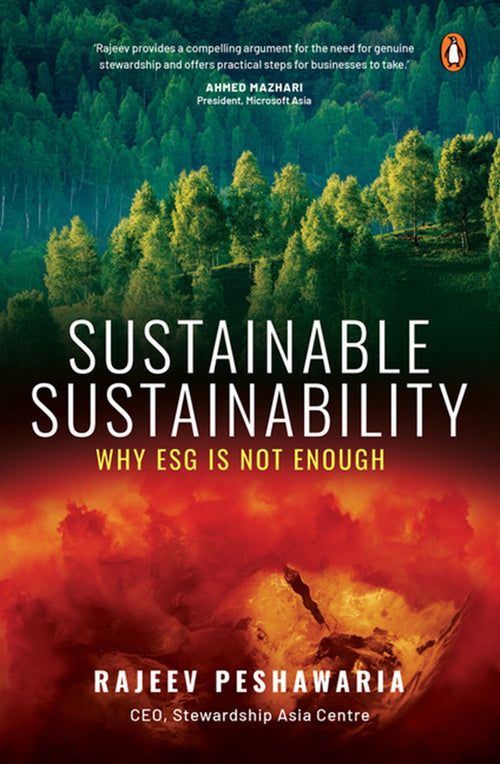An Excerpt from The Final Victory
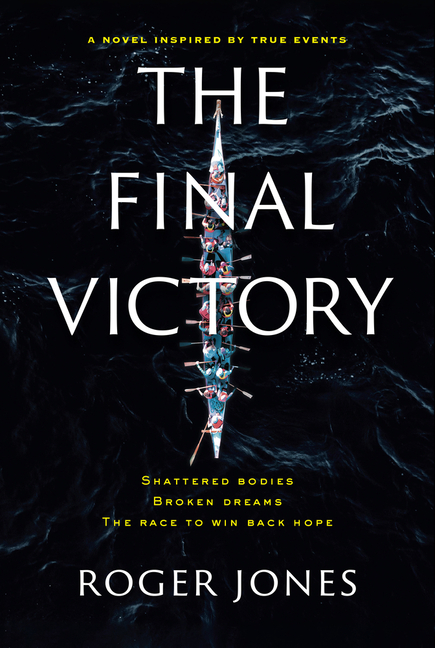 After he is diagnosed with neuroendocrine cancer, Tripp Avery feels like all is lost. He finds himself coaching a team of twelve men and eight women with cancer diagnoses of their own, hoping to qualify for the Mixed Masters Dragon Boat national championship and defy their prognoses. If they win, they will represent the United States at the International Dragon Boat races in Hong Kong.
After he is diagnosed with neuroendocrine cancer, Tripp Avery feels like all is lost. He finds himself coaching a team of twelve men and eight women with cancer diagnoses of their own, hoping to qualify for the Mixed Masters Dragon Boat national championship and defy their prognoses. If they win, they will represent the United States at the International Dragon Boat races in Hong Kong.
But things soon get complicated, as four of his teammates struggle against their physical limitations and the psychological weight of their conditions. In the summer heat of Chattanooga, their resolve grows thin—along with Tripp’s patience. After a devastating loss to the defending national champions, Tripp can only see the finish line, and he pushes the team even harder. Soon, the team starts to fall apart.
As members of the team collapse under the pressure and one is hospitalized, he must confront his own failings and find a way to move forward. He begins to question his motives, wondering if the win is worth the trauma and what that says about him. Despite the odds, he resolves to rally the team toward a comeback that seems impossible, if only for one final victory.
The following excerpt is the novel's first chapter.
◊◊◊◊◊
Chattanooga, Tennessee
Friday, July 23, 2010
8:30 a.m.
I was sitting in a narrow, wooden forty-eight-foot-long dragon boat surrounded by nineteen other cancer survivors, ready for the race of our lives. As the sole cancer-survivor team in our division, our challenge to win would be a steep uphill battle. And as with my brave teammates, my own body was weak from recent high-dose radiation treatment. We were a group of normal ordinary people attempting to accomplish something extraordinary. We didn’t come to win; we came to survive.
I was a successful former high school football coach, current businessman, and the coach of this gutsy team. To my unfathomable surprise, this audacious crew of men and women had become my new family.
The heat index in the balmy city of Chattanooga, Tennessee, was a hundred plus. It hadn’t rained for weeks throughout the entire South. As I looked up the boat at my teammates, I witnessed sheer determination. But I was scared. Had I pushed this team too hard? Their bodies were weakened by their malignant tumors and abhorrent treatments. Three full days of racing? Would they become overtaken with extreme exhaustion or, worse, severe dehydration?
A year earlier, we’d lost a teammate to this mad disease—cancer. Our grief was still raw. Had I made a grave error to convince this group they could win the national championship? Some of us sensed the walls of death closing in, and this competition could well be our final effort for a victory among the tribulations of our lives. Our yearlong training had been intense, and we were determined to win. Like the other dragon boat teams, we were trying to find the perfect combination of timing, power, and stamina. But unlike our competition, our training was interspersed with radiation and chemotherapy, so I prayed for strength.
I was fifty-five years old, an ex-college jock with a liver full of tumors. Otherwise, I was in perfect health. I’m sure other cancer patients feel the same. But bitterness ate at my soul. I didn’t deserve to have cancer. Why me? Somehow, I’d force this ravaging disease from my body.
I was competitive by nature and training. My personally prescribed therapy was to turn to the calming waters of the Charleston rivers. I felt lucky to wake each morning to a stunning view of the Cooper River and the spectacular cable-stayed bridge with its diamond-shaped towers that, for many Charlestonians, defined our hometown. Maybe it came about with my life-threatening diagnosis, but somehow my tumors made me more aware of the intricacies of my body, and I looked at things in a new way. The river, with its mighty current and ever-changing tides, seemed to connect my teammates like arteries connecting the body’s organs and muscles; when I paddled it momentarily freed me and my teammates from our terrible illnesses. Could a river bring healing? I hoped and prayed so.
Dragon boat racing is a two-thousand-year-old sport that originated among the fishing communities in southern-central China along the Yangtze River. The sport boomed as an international sport in the 1980s, with thousands of cancer patients becoming participants during the 1990s, as the sport was recognized for improving healing from the vile cancer treatments through physical exercise and team camaraderie.
Our crew of twenty cancer-ridden paddlers sat knee-to-knee in ten rows in this lengthy, slender canoe, ten paddlers extending their bodies heavily over the boat’s starboard side and ten over the port. A drummer sat on a small wooden seat at the bow, banging a cadence to synchronize and motivate the paddlers. A steersperson stood at the stern, using a twenty-foot oar to guide the canoe, finding the straightest possible path along the racecourse.
The weekend’s festival was a colorful celebration of life. Thousands of spectators lined the Tennessee River to watch. The boats were made of teak, imported from the Far East, and decorated with a mythical Chinese dragon head and tail. Red-and-gold decorative scales were delicately painted along the hull. Teams who had arrived from throughout the nation huddled together in strategy. Paddlers hugged in unity. Would their grueling training pay off?
Our team, the Dragon Survivors, was competing for the over-fifty mixed men’s and women’s national championship. Eight women and twelve men would paddle as one. We’d learned to feel the surge and the glide of the boat. We’d tapped into the canoe’s innate rhythm. The winners would earn the privilege of representing the United States at the International Dragon Boat Races in Hong Kong, China.
Twenty anxious paddlers crouched over the canoe’s gunwale with the blades of our paddles buried deep in the water. Our emotions dangled in suspense as we anticipated the starter’s horn. Three additional boats, in lanes separated with buoys, also intently awaited the signal.
There’s probably nothing scarier than sitting at the starting line of a national championship race. A voice shouted, “Ready, ready. We have alignment.” The words vibrated like a tsunami across the smooth water. The muscles in my shoulders contracted with tension. The horn finally blew, and twenty paddles forced through the water in perfect unison. Our drummer pounded hard to create the rhythm for our stroke and screamed, “Up, up, up!” Each paddler’s blade entered and exited the water like the melody of a great orchestra. The water boiled all around the sides of our highly decorated red-and-gold canoe.
I saw Sean Riley, two seats ahead, a tall, slender man, uncharacteristically grimace with each stroke he made through the murky violet-colored water. The filament within the muscles of his well-developed arms constricted. His stroke was badly out of sync. Sean, one of our team’s two captains, never missed a practice, and his stroke was never out of time. Suddenly he pulled his paddle from the water
What was wrong?
The intensity of my stroke increased as I watched his face scowl in pain. His hand reached to his side. The custom-made belt that secured the pouch containing his colostomy and ileostomy bags had become loose. He held his paddle in one hand and miraculously pushed the bags back inside the pouch with the other hand. More astonishingly, he managed to tighten the belt one-handed underneath his shirt and resumed paddling.
Cancer had stolen my teammates’ mastery of their bodies. But the dragon boat had restored our hope as the rulers of our lives. We were learning that perfect harmony can be made out of broken things and broken people. It would be the lesson of our lives.
Excerpted from The Final Victory.
Copyright 2024 by Roger Jones.
Published in the United Stated by Companion Books.
All rights reserved.




